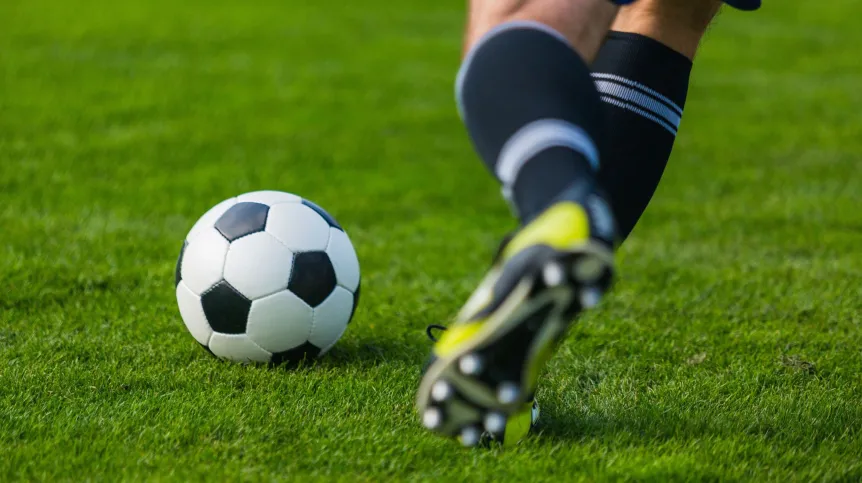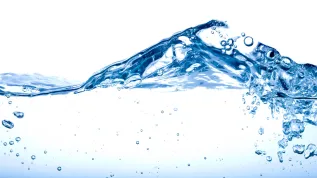
Over half of top league footballers of both sexes in Poland may be at risk of eating disorders, shows the latest research by Wiktoria Staśkiewicz-Bartecka, PhD, a clinical and sports dietitian from the Medical University of Silesia.
The research conducted in collaboration with the Academy of Physical Education in Katowice and research centres in Turkey and India is the first project of its kind in Poland, covering as many as 600 male and female athletes at various levels of sports advancement.
The analysis included eating disorders, the phenomenon of orthorexia (an obsession with healthy eating) and the role of social media and cultural conditions in shaping the perception of one's own body.
'The results of the analyses indicate that 16.7% to 51% of male and female athletes meet the criteria indicating an increased risk of eating disorders', explains the expert from the Medical University of Silesia.
In the group of male top league and league 1 players, as many as 51 percent met at least one criterion indicating the presence of disorders, and 41 percent were at risk of orthorexia.
In the case of female footballers, the results are equally disturbing: 42.3 percent showed an increased risk of eating disorders, 31.7 percent were at risk of orthorexia, and 9.6 percent were diagnosed with an advanced form of this disorder.
The research also showed clear cultural differences - Polish female players were more likely to feel image pressure related to social media, which negatively affected their self-esteem and increased the risk of orthorexia.
'The conclusions from our research may constitute an important basis for developing targeted preventive and educational strategies for coaches, sports dieticians and the players themselves', Wiktoria Staśkiewicz-Bartecka concludes. (PAP)
jms/ zan/













